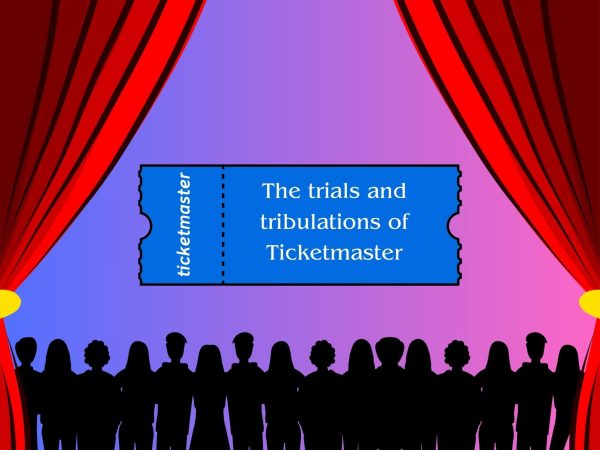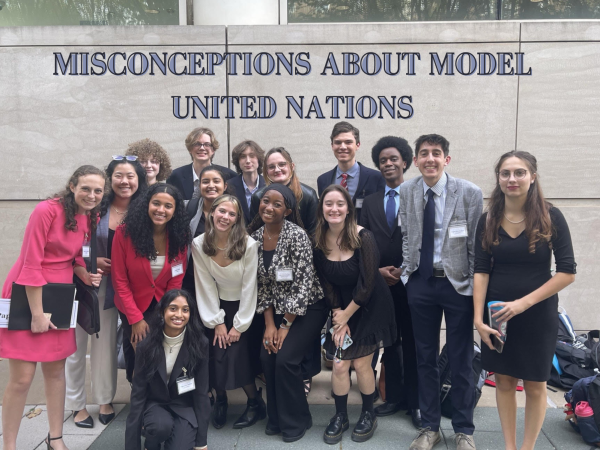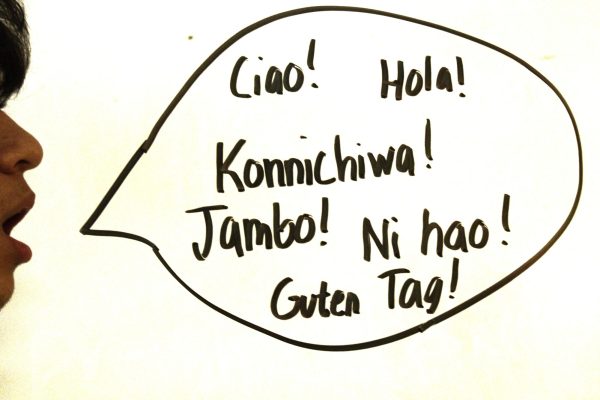This opinion literally might make your head explode
February 2, 2015
Look out, everyone: one of the English language’s most misused words has received another definition. Not to elaborate on its original meaning, but to add the incorrect definition as a “figurative” definition. Oh, the irony.
The actual definition (literally) means “in a literal sense or manner; exactly,” as in “I literally just spent an hour watching cat videos.” The new definition means “used for emphasis or to express strong feelings while not being literally true,” as in “Literally, I am about to explode with excitement because of these cute cats.”
The difference between these two scenarios: No, my excitement will not ignite an explosion, but yes, I did watch an hour’s worth of cat videos.
Of course, people know that changes in language remains fluid. More often than not, it fluctuates and changes based on the norms of society. Language thrives because of its evolution. I mean, no one really wants to say, “Hark, ye are not using the correcteth meaning of this w’rd!” Why? Because we simply do not speak like that anymore.
However, I think this situation proves slightly different than the adaptation of an entire language. This situation literally adds an untrue definition to a word that, although commonly misused, should retain its actual meaning. The change affects linguists, literalists, teachers, and language nerds, likely giving them all migraines.
Google, Merriam-Webster, and Cambridge added the latter definition to the word “literally.” Now, English as a language sounds slightly odd and remains one of the most difficult to learn. It contains over one million words, much more than other languages, such as Japanese (which contains about 500,000 words), Italian (around 270,000 words), and Spanish (around 100,000 words). So few remain surprised as new words and new definitions are constantly added to the language.
However, this situation proves quite different. For one, the word’s new definition perpetuates the exact opposite of the current definition. Secondly, while words can and will change, this change seems like dictionaries buckle down to the ignorance of the English speaking population.
I understand why some may underestimate this issue, but people should consider the irrationality of the decision. I enjoy language changes, but this change literally goes too far.

















